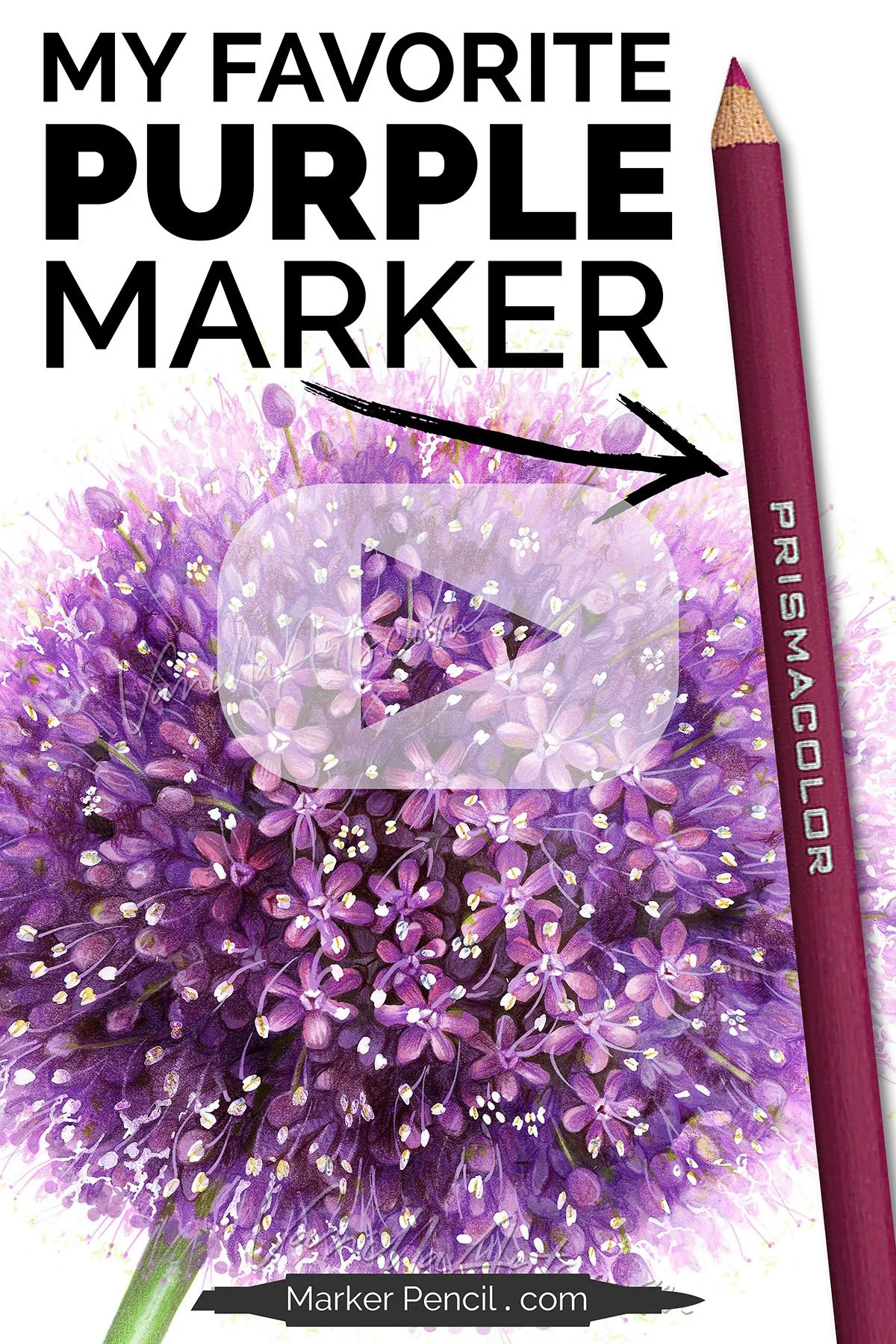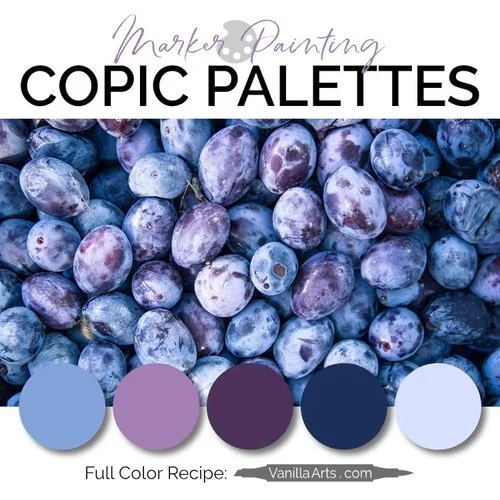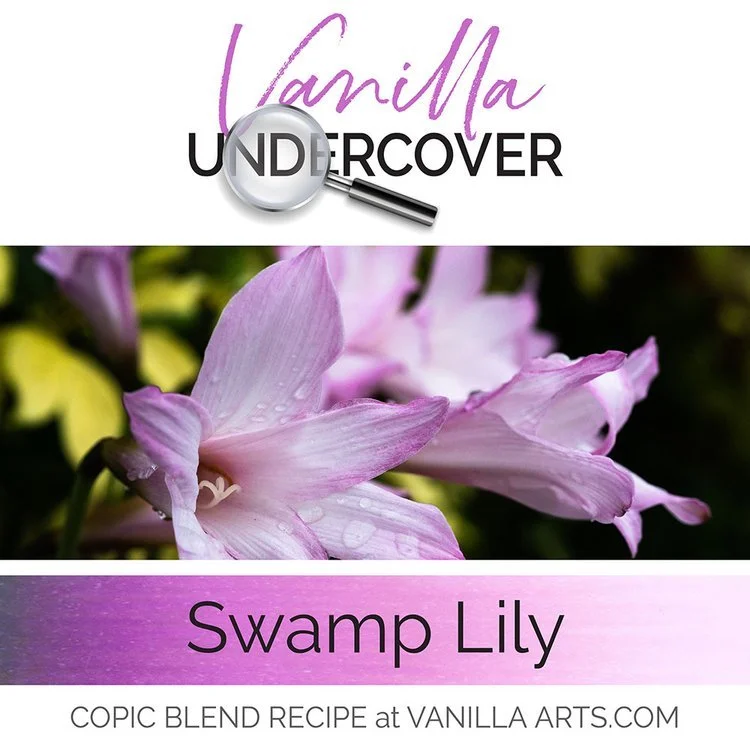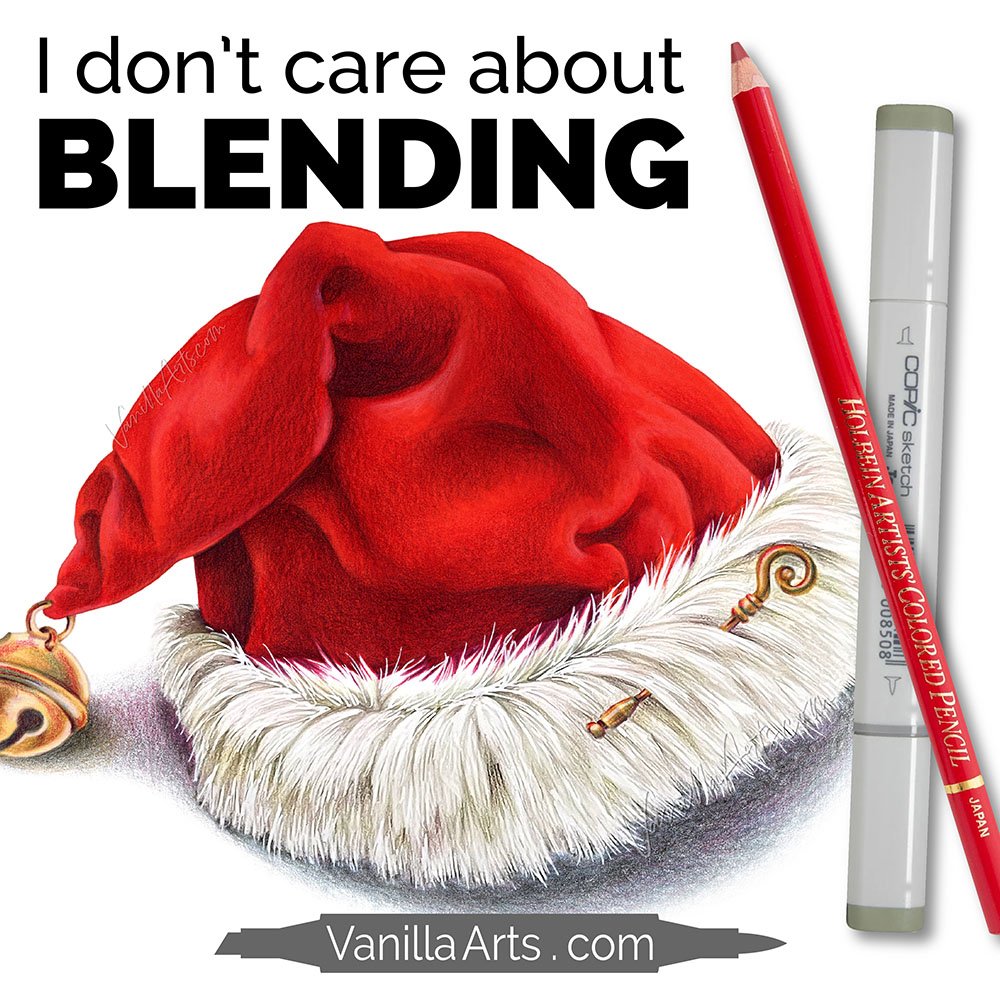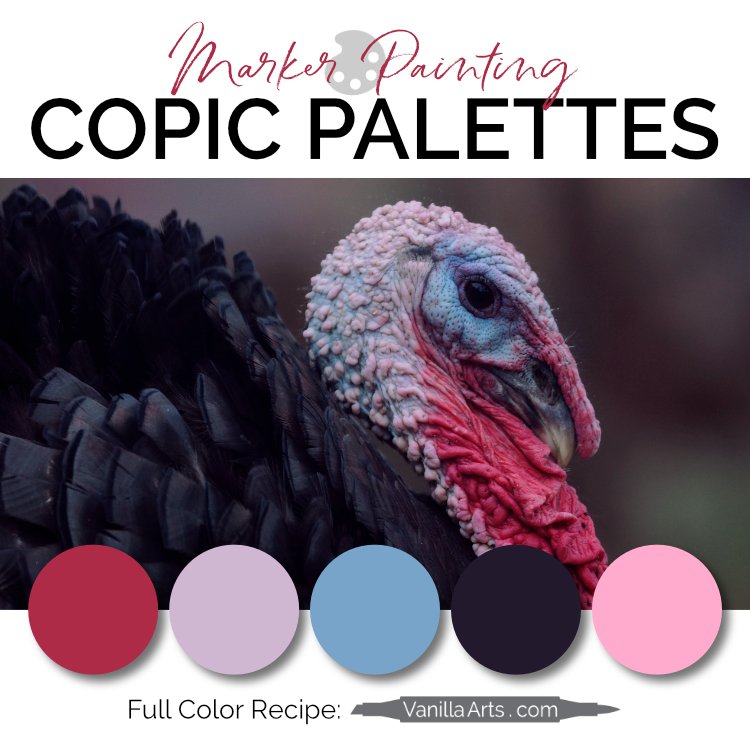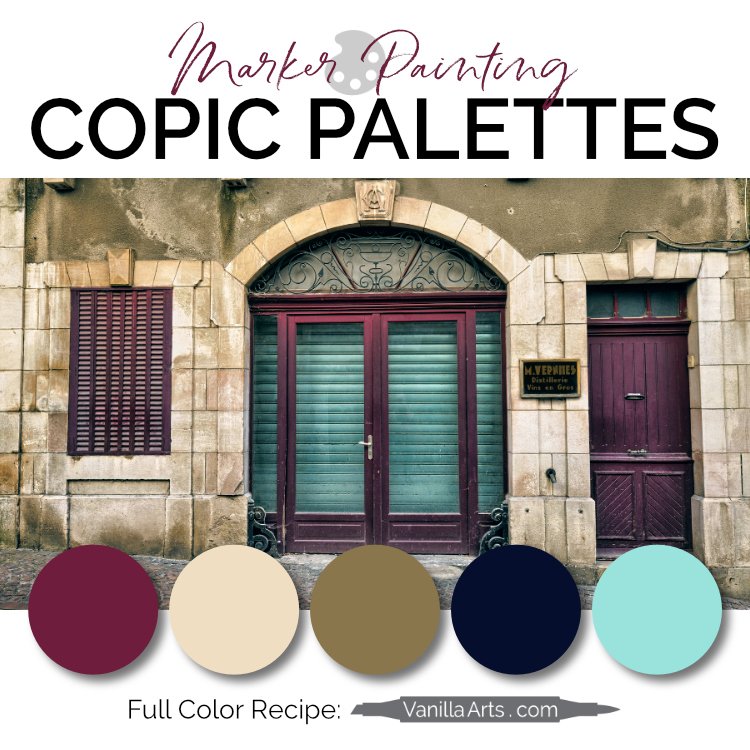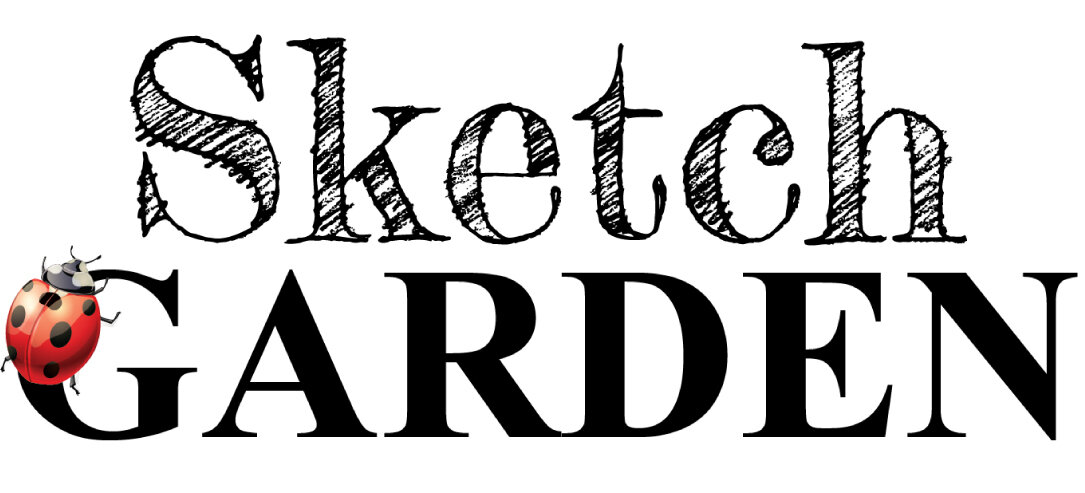Purple Alcohol Markers: You Need This Colored Pencil for Purple Success!
HOW TO COLOR PURPLE WITHOUT PURPLE MARKERS
Have you ever noticed that the V Violet family is always the smallest family in every brand of alcohol markers?
And within the V family, there are very few truly purple markers?
Remember, there’s a difference between violet and purple. Violet leans towards blue and purple leans towards magenta.
Sure, there are a few purples in the mix but we’re often given several unrelated purples which either don’t blend well together or look terrible side by side.
So how do we color beautiful purple flowers and other objects without purple markers?
In today’s video, Amy shares her approach to purple and how to create the purples that Copic, Ohuhu, and ProMarker do not make.
WATCH: COLORING A PURPLE ALLIUM FLOWER
With Copic Markers and Prismacolor Colored Pencils
(supply list at end of this article)
Not playing?
If your device blocks embedded video, click here to watch at YouTube.
TIPS FOR COLORING PURPLE WITH ALCOHOL MARKERS
1. Be willing to experiment.
Even when a company makes a light, medium, and dark purple blending combination, I’ve found they don’t often blend easily together. Look outside the natural combination, experimenting with the addition of red violet or violet markers to create the feeling of purple.
The goal is a combination which “reads” as purple even though it’s not made with 100% purple markers.
2. Mix your media.
Alcohol markers work well with a wide variety of other mediums such as colored pencil, watercolor, gouache, and even pastels. The trick is to understand how to safely layer these mediums to prevent marker nib damage. Research how other artists layer their colors. Pink pastel over violet marker may be your new perfect purple!
3. Stop avoiding purple.
For years, I was very picky when selecting floral images for classes and courses. I always favored violet colored flowers because Copic makes more violet markers than purple markers.
But violet isn’t nearly as interesting or beautiful as purple! The solution isn’t avoidance, it’s being honest: If we want purple, we’ve got to make it ourselves!
TECHNIQUES USED FOR “GIANT ALLIUM”
The following techniques can be spotted in the My Favorite Purple Marker video:
I always color dark to light. It’s easier than light to dark and doesn’t waste ink.
I colored the full-face florets before I colored the side-view florets which sit towards the edges. By working from the center outward, I grouped the shapes, coloring all similar shapes at one time.
I use a flick stroke moving outward from the floret center towards the points of each petal. Then with the lighter color, I flicked inward.
Soft pencil color was applied over the violet markers in a glazing technique.
By including a range of violet and magenta values around the purple, I make the purple areas look more purple in comparison.
Don’t be afraid to come back and increase the value of your dark spaces between the florets. This creates depth and keeps it from looking like a big purple basketball.
SUPPLY LIST FOR “GIANT ALLIUM”
Color Palette: Copic Marker + Colored Pencil Combination (Green and Orange) Scarab
Ice Cream Twist: Shading Line Art with Copic Marker & Colored Pencil
It’s a problem in adult coloring… Most tutorials focus on blends, shade, and highlights— which is basically all about color.
Let’s look at what you’re missing while distracted by color:
When you don’t understand the line art, of course you’re going to stumble over shade and highlight.
In today’s video, Amy helps you understand the gap between what the line artist has drawn and how you’re coloring it.






